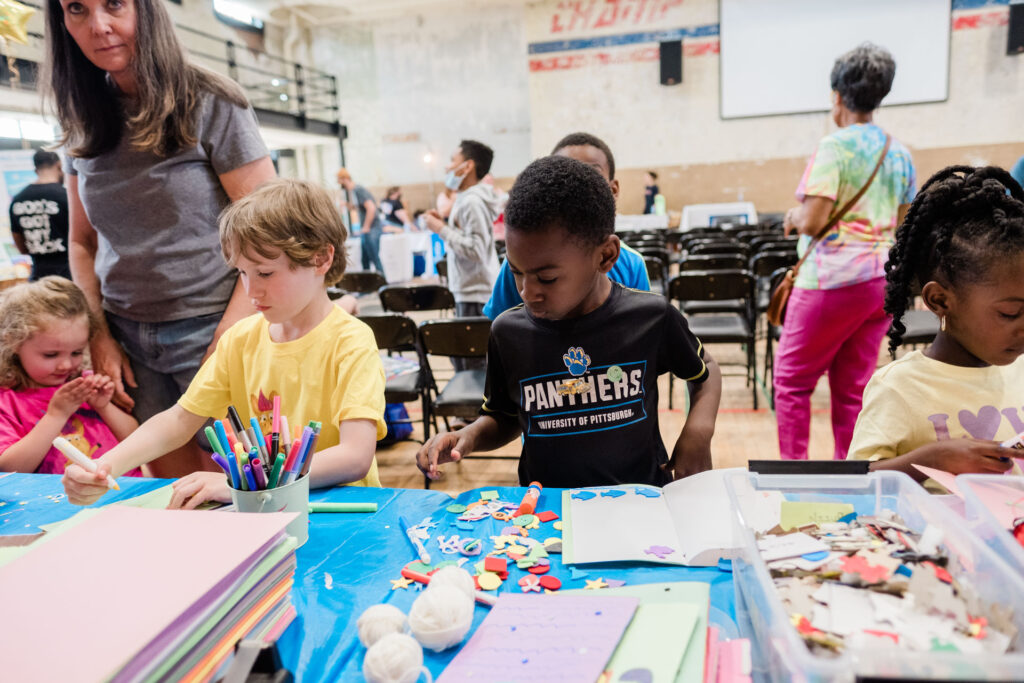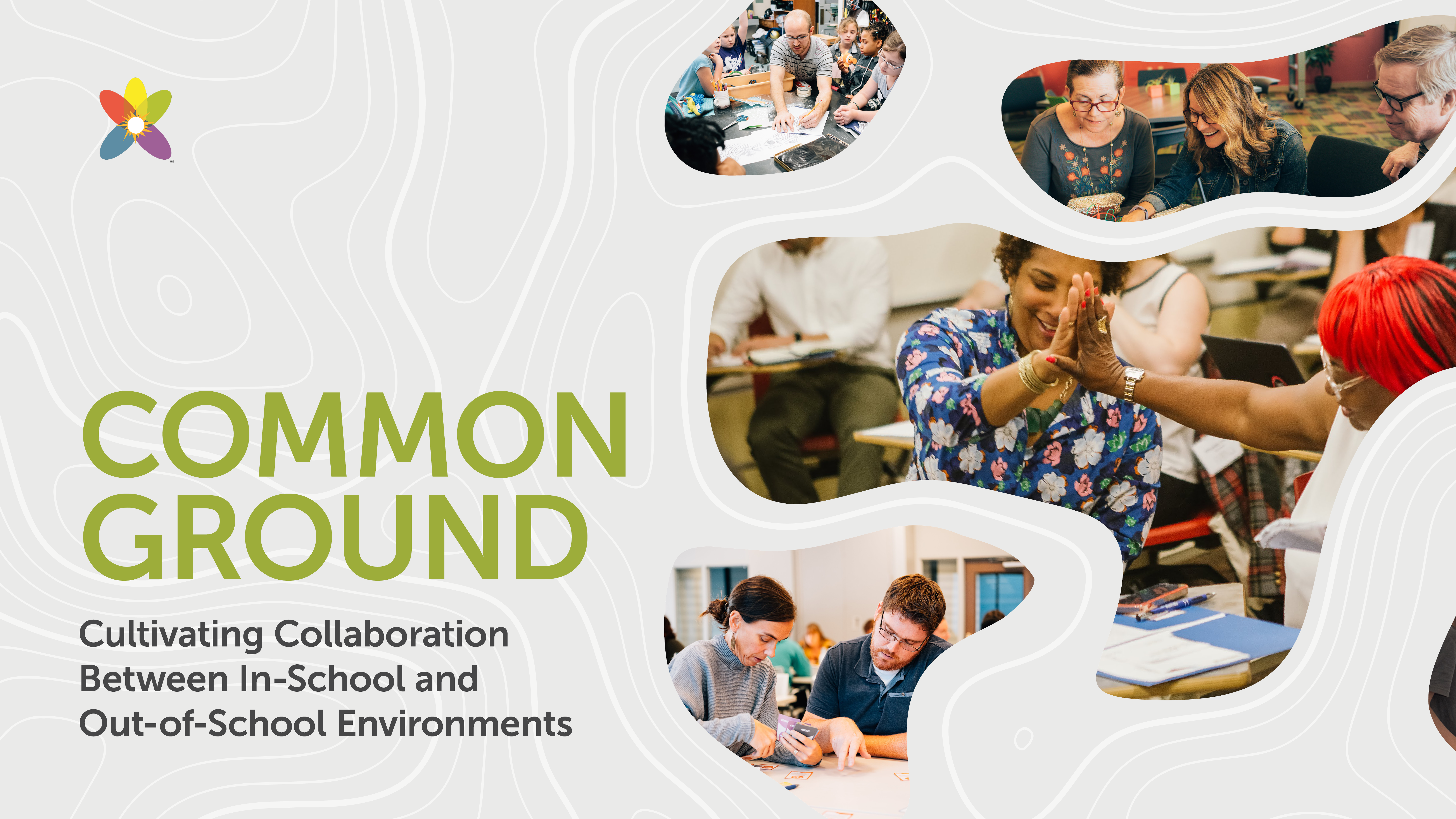Classroom teachers and afterschool program educators have much in common. Both uplift children through a calibrated mix of patience and structure, helping kids learn and grow along the way. And yet, they have unique challenges. As teachers wrestle with curriculum requirements and a sometimes unwieldy emphasis on standardized tests, out-of-school-time educators often find themselves struggling with barebones staffing and limited capacity.
Their strengths vary as well, with out-of-school-time providers specializing in relationship building and hands-on creative projects while schools offer deep content knowledge and dependable structure.
For generations, these unique challenges and strengths kept the two groups apart. Then came the pandemic. With school buildings shuttered, afterschool providers stepped in to host learning hubs in coordination with local classroom teachers.
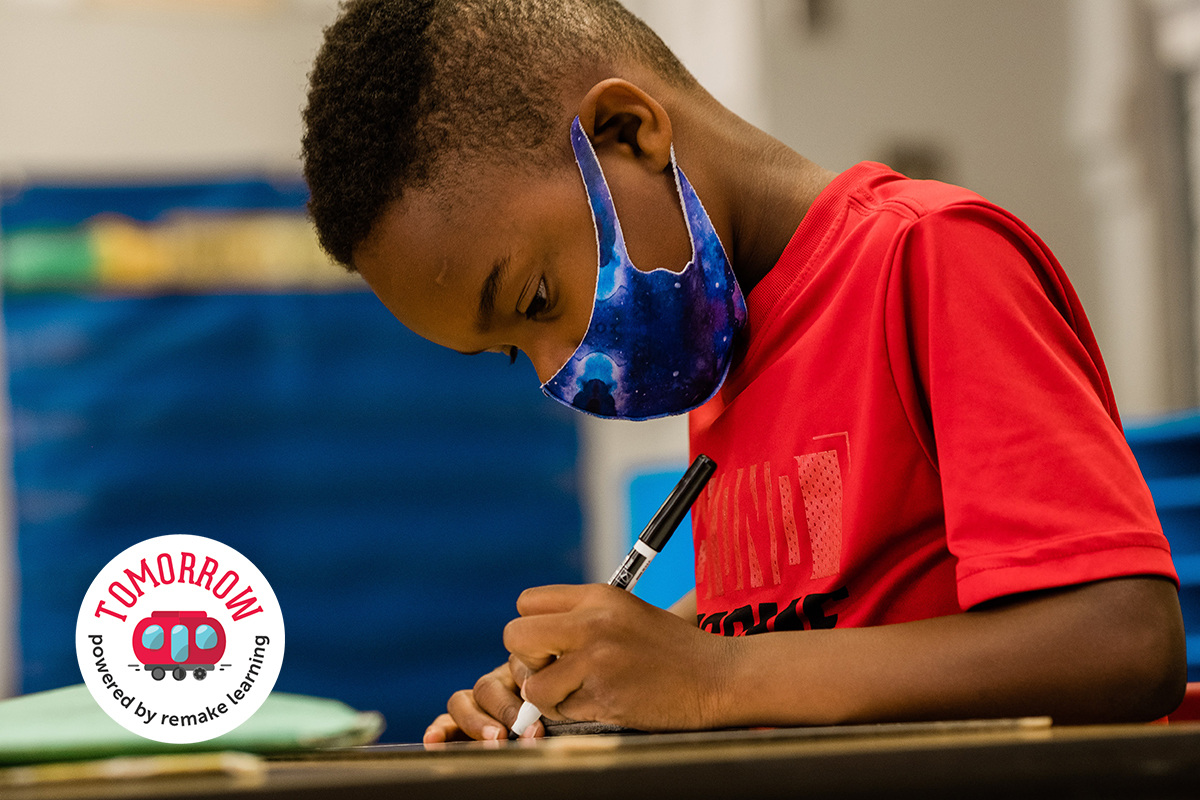
Suddenly, folks at out-of-school-time facilities were no longer “just getting the worksheet that the student brings at 3 o’clock,” says educator Timothy Jones, founder of Techniques4Learning. “They had conversations they’d never had before.”
That emergency collaboration led to deeper respect and understanding, and through that came a fascinating realization: The siloed approach has never worked. Instead, these two groups of educators could harness their mutual strengths and help each other tackle their longstanding challenges. By collaborating, they could help kids in new and powerful ways.
“What we have been enduring the past couple of years, I feel, has made us all appreciate one another,” Jones says. “We got to see each other not just in our roles, but we got to see each other as people.”
Building New Models of Cooperation
What if an afterschool program could be nested inside a school building, so that kids could simply walk down a hall when they were ready to shift from school-day learning to afterschool enrichment? And what if that proximity meant that classroom teachers could get to know the afterschool counselors and coaches, and both sides could share helpful insights about students they collectively serve?
Or what if a nonprofit that teaches kids all about the fun and possibilities of computer science and coding could help teachers and librarians up their STEM teaching game, and what if everyone involved could find some joy along the way?
These are just two of the model projects that emerged from work led by Remake Learning and the Allegheny Intermediate Unit and funded by grants from the Richard King Mellon Foundation and the Grable Foundation last summer and fall. Pairs of K-12 educators and out-of-school-time providers in the Pittsburgh region came together to collaborate and elevate each other’s work in new ways.
To support this work, Jones facilitated conversations in the fall of 2021 between the partners in these collaborative projects, helping them to identify the strengths, obstacles, and opportunities of their respective learning environments – ones they share and ones they don’t. With that knowledge, they were better able to design partnerships that supported both sides on a truly level playing field.
This collaboration is documented in Remake Learning’s recent “Common Ground” publication, which explores the ways these teams of in-school and out-of-school educators worked together to develop impactful programs and build new ways of supporting one another.
Here’s a glimpse into some of what these teams have accomplished, and why it’s a potential game-changer for communities nationwide:
Sharing Knowledge and Building Relationships
“There are more than 16,000 open computer science jobs in Pennsylvania today,” says Casey Mindlin, STEM Coding Lab’s executive director. “And yet, far fewer than 50% of our public elementary and middle schools offer a foundational computer science course.”
Eloise Milligan, coordinator of academic services at Shaler Area School District, says her community wanted to ensure that all of their students get a solid computer science education.
“We’ve always had a pretty strong K-6 STEM program, but the problem was we had just one or two teachers overseeing the whole thing,” Milligan says. “What we were looking to do was expand beyond to the regular classroom teachers.”
With the help of grant funding, Mindlin’s team from STEM Coding Lab partnered with Shaler to help the district’s K-3 teachers and librarians incorporate more computer science into their teaching. The STEM Coding folks also taught summer session courses directly to Shaler students.
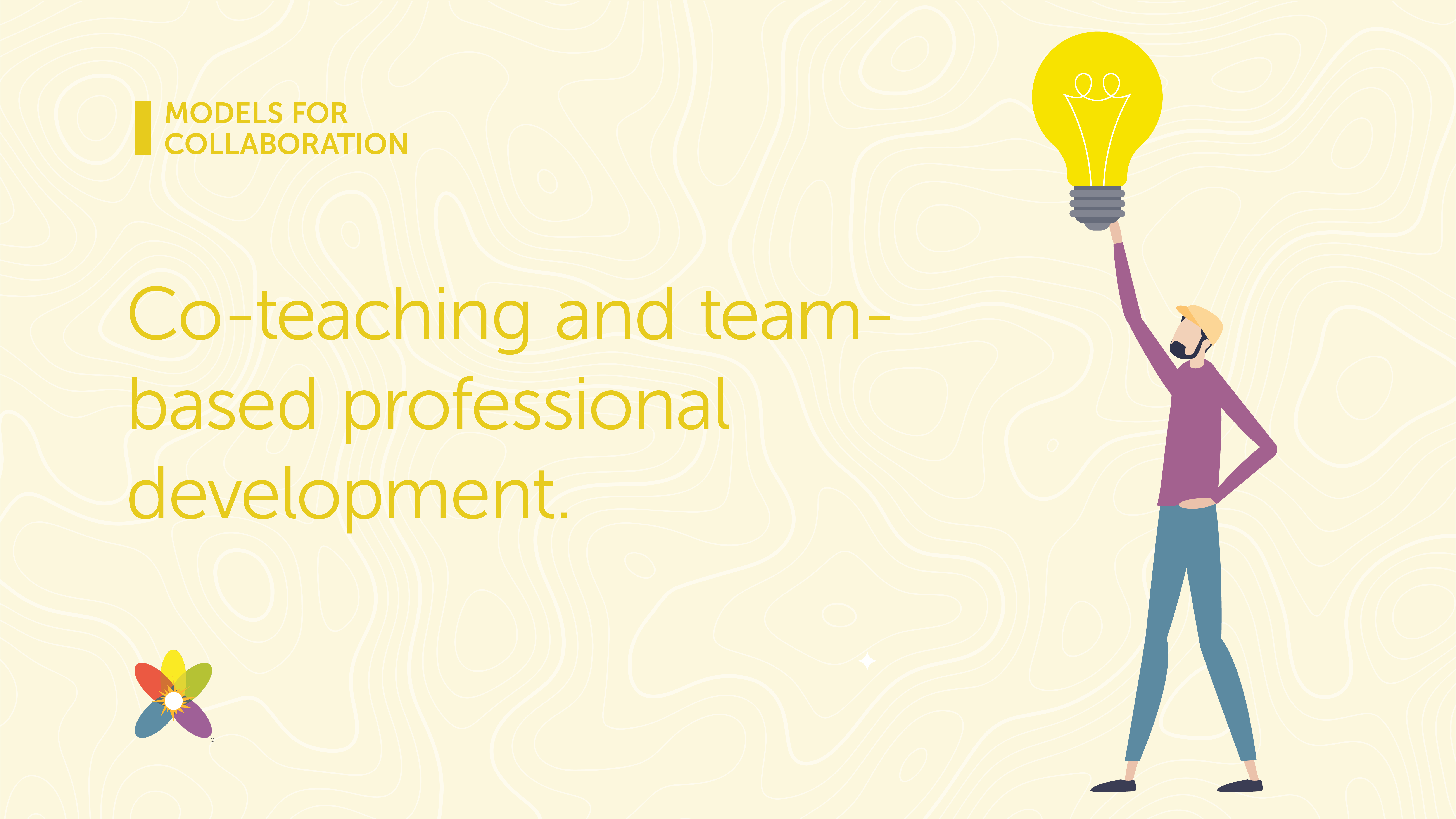
“It’s interesting for teachers to get a perspective from somebody outside the K-12 setting,” Milligan says. “It’s one thing for me to deliver the message to them as their boss. They’re getting it from Casey, who’s very warm and welcoming. This is his wheelhouse. He can energize them about computer science and allay any fears that they have.”
Both Mindlin and Milligan say this partnership has been a fantastic experience, and they’re excited to continue working together to benefit Shaler’s students and teachers.
“We don’t partner with institutions, we partner with people,” Mindlin says. “If the people are interested and committed to exploring the world of computer science and doing their best to integrate it into their coursework, then we’re happy warriors alongside them.”
A similar approach brought computer science knowledge and enhanced STEM teaching skills to the early-grade teachers in Wilkinsburg School District, through a partnership with educators from the YWCA.

The YWCA team offered one-on-one training to a group of teachers, helping them to see that teaching STEM lessons doesn’t have to be daunting, even for those who don’t think of themselves as math or science experts.
They walked the teachers through engaging, hands-on lesson plans, then the teachers held a summer STEM camp serving 114 students.
“Our lesson plans were scripted, so that it really broke down the concepts for those teachers,” says Jessica Neely of the YWCA. “It’s not just like, ‘Here’s a one-page activity. Go do it, and now explain everything.’ It was really scripted about how to explore each one of the STEM concepts.”
Beyond helping students, this collaboration also gave educators a new understanding of each other’s experiences.
“It was very eye-opening,” Neely says. “Being outside of the school district, you almost forget what it’s like to run an eight-hour day in a school building. … It was nice to kind of have someone remind you of those challenges that they were facing. And then have open dialogue about how we can fix it, or how can we support them.”
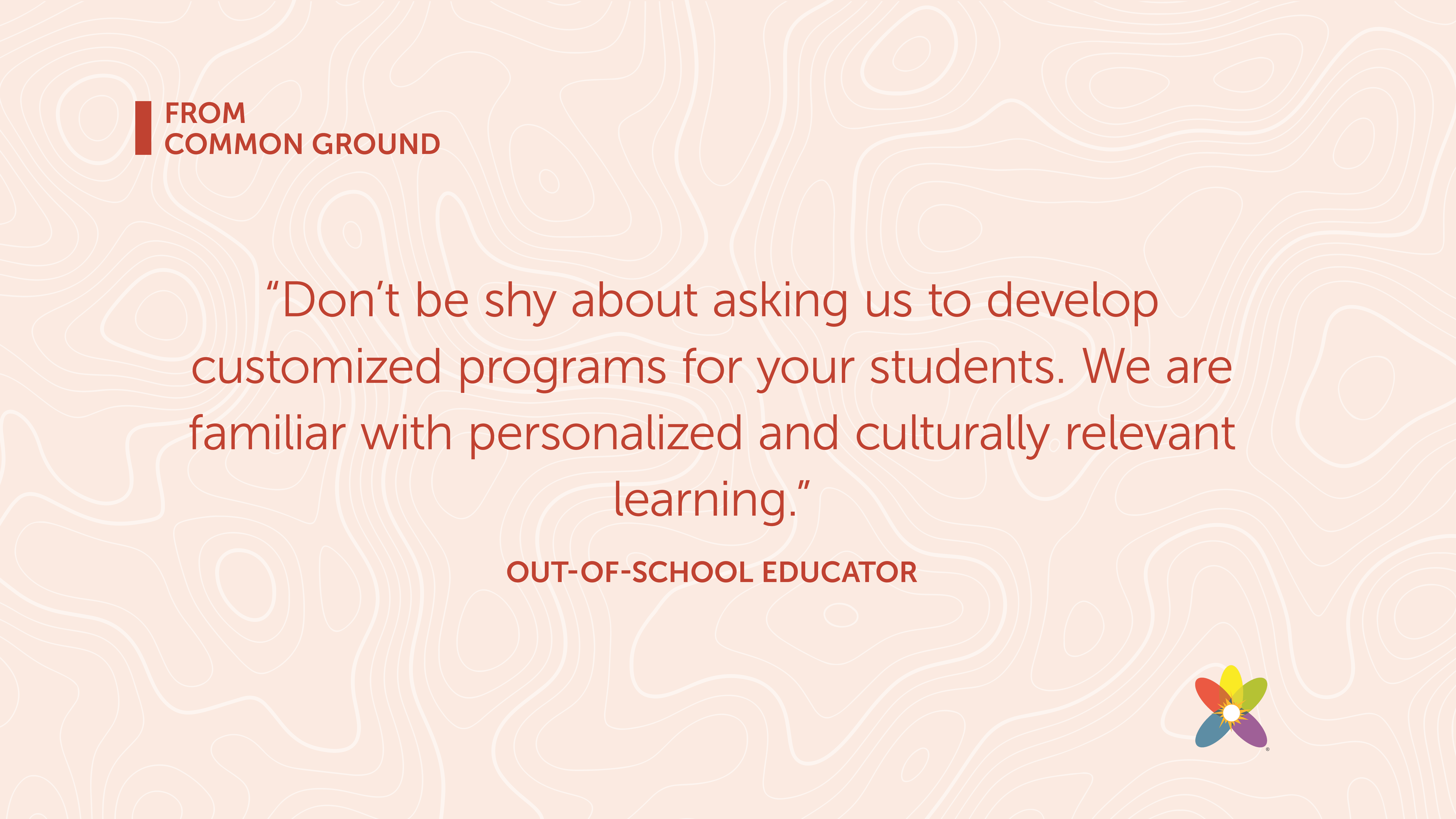
Changing What In-School Learning Looks Like
If students from Carlynton School District see their names in lights someday, they’ll likely trace their performing arts careers back to a remarkable opportunity. In 2021, Carlynton collaborated with the Pittsburgh Cultural Trust to bring in two teaching artists to mentor 30 students involved in the district’s fall play.
As these teaching artists led workshops during rehearsals, the students learned acting techniques and worked on scenes just like professionals do. The teaching artists also worked with the stage crew to share best practices.
Having inspired this initial group of 30 kids, the Cultural Trust and Carlynton administrators are now discussing a plan to reactivate the district’s acting and theatre tech classes, which had been discontinued in recent years.
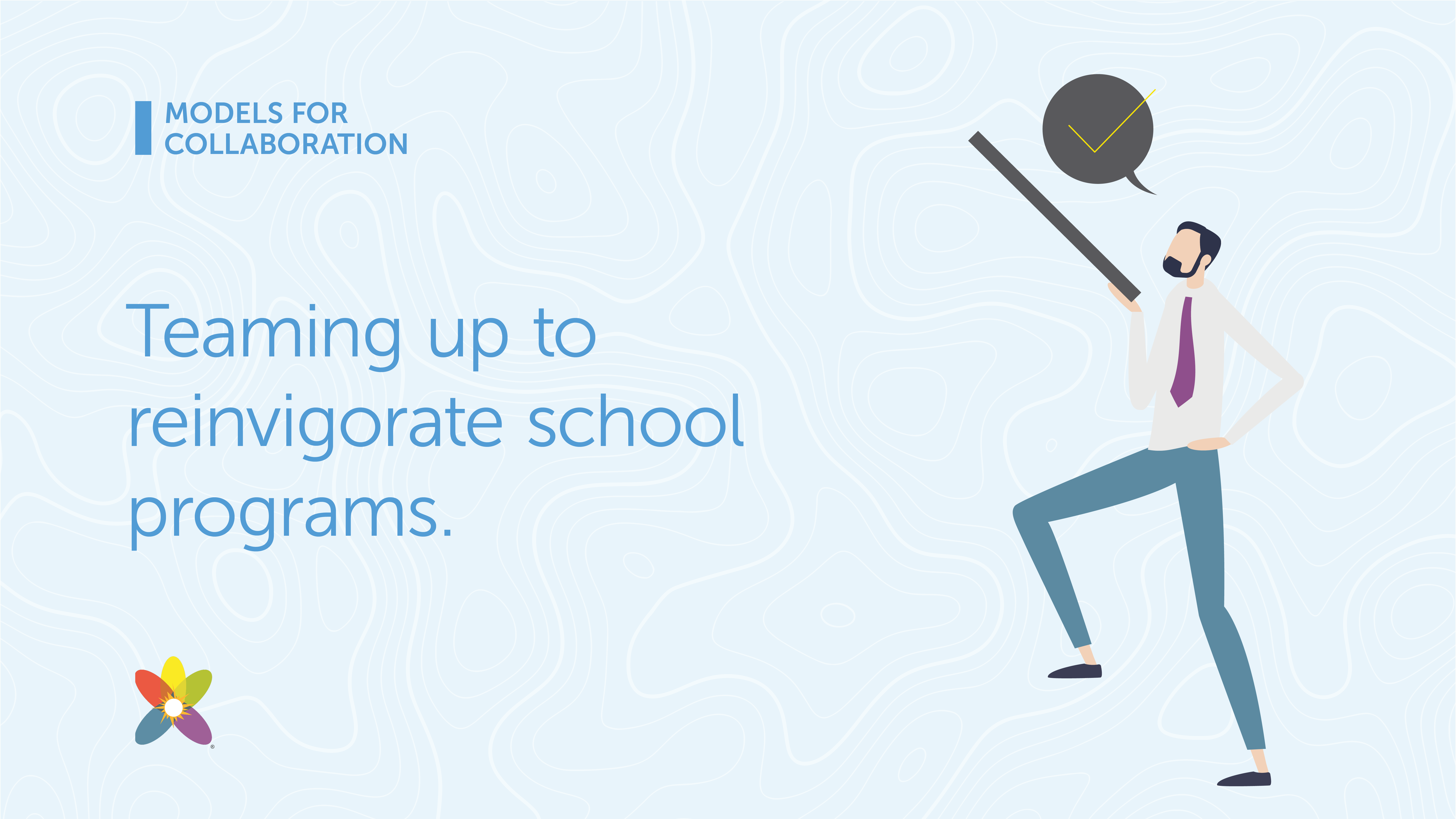
Folks at the Boys & Girls Clubs of Western Pennsylvania (BGCWPA) and Duquesne City Schools have also been collaborating closely to support students. BGCWPA now has three dedicated classrooms within Duquesne Elementary School.
Although their programming doesn’t begin until the afternoon, Clubhouse Director Cameron Saddler and his team arrive early in the day to begin setting up. He says the school staff is incredibly welcoming as they arrive to prep for the day. There are so many bonuses: Saddler gets a chance to meet students and also get to know their teachers.
“There’s a lot of kids in the school that I see daily when I’m here,” he says, “and they’re like, ‘Hey Coach, I want to come to the club!’”
To further support those kids, BGCWPA and Duquesne City jointly hosted an event for the school district’s families at a local Dave and Buster’s. While kids explored had fun (the first 100 youth attendees got $25 gift cards for gaming), parents and other caregivers browsed a resource fair in a conference room.

Along with information about BGCWPA, parents got to meet people from a range of other community organizations, including the Boy Scouts and the Greater Pittsburgh Community Food Bank.
“That event was awesome,” says Saddler. “I was able to get to a lot of parents and now I see a lot of kids in the hall that are like, ‘Coach Cam, see you in a couple of weeks!’ because they were able to get that process going.”
Duquesne Superintendent Sue Mariani says it’s been incredible to have the BGCWPA educators at her school. Her own daughter, who attends the after-school program, is a huge fan of “Coach Cam” and his team. Mariani has only one frustration with this program: the waiting list.
“There’s so many kids who want to participate,” she says, so the school and BGCWPA are busy brainstorming ways to serve even more kids. “It’s just been a match made in heaven.”
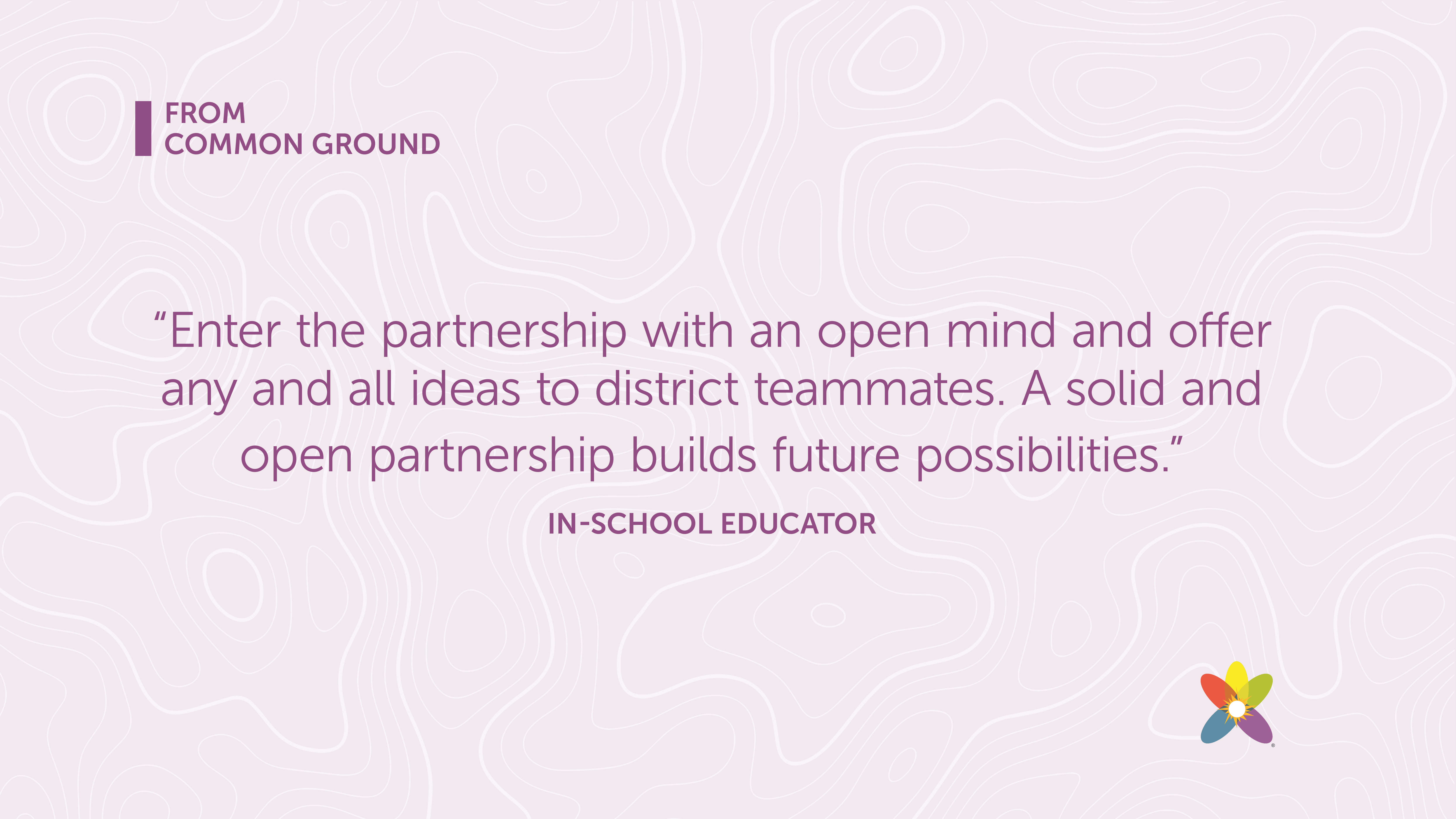
Building on this Process
BGCWPA and Duquesne City now have plans in place to continue their shared programming through the summer, and both partners are eager to grow the program.
The YWCA and Wilkinsburg schools are also glad to be continuing their work together: Neely will begin training teachers for this summer’s STEM camp next week. Along with teaching math and science concepts they will also introduce kids to potential STEM-related careers. Last year’s summer camp at Wilkinsburg was such a success, Neely says, that they’re aiming to ramp up this year from 114 attendees to about 150.
And the folks at Carlynton and those at Shaler can’t wait to see what’s next for their students.
The collaboration between Shaler and STEM Coding Lab keeps on growing, says Shaler’s Eloise Milligan, and she has nothing but praise for the way it’s benefited her school’s students, teachers and librarians. “Our partnership has been amazing,” Milligan says, “and I’m hoping to extend it next year.”
STEM Coding Lab’s Casey Mindlin says his team is definitely on board: “It really was a labor of love between us and Eloise,” he says. “We’re definitely eager to continue.”
